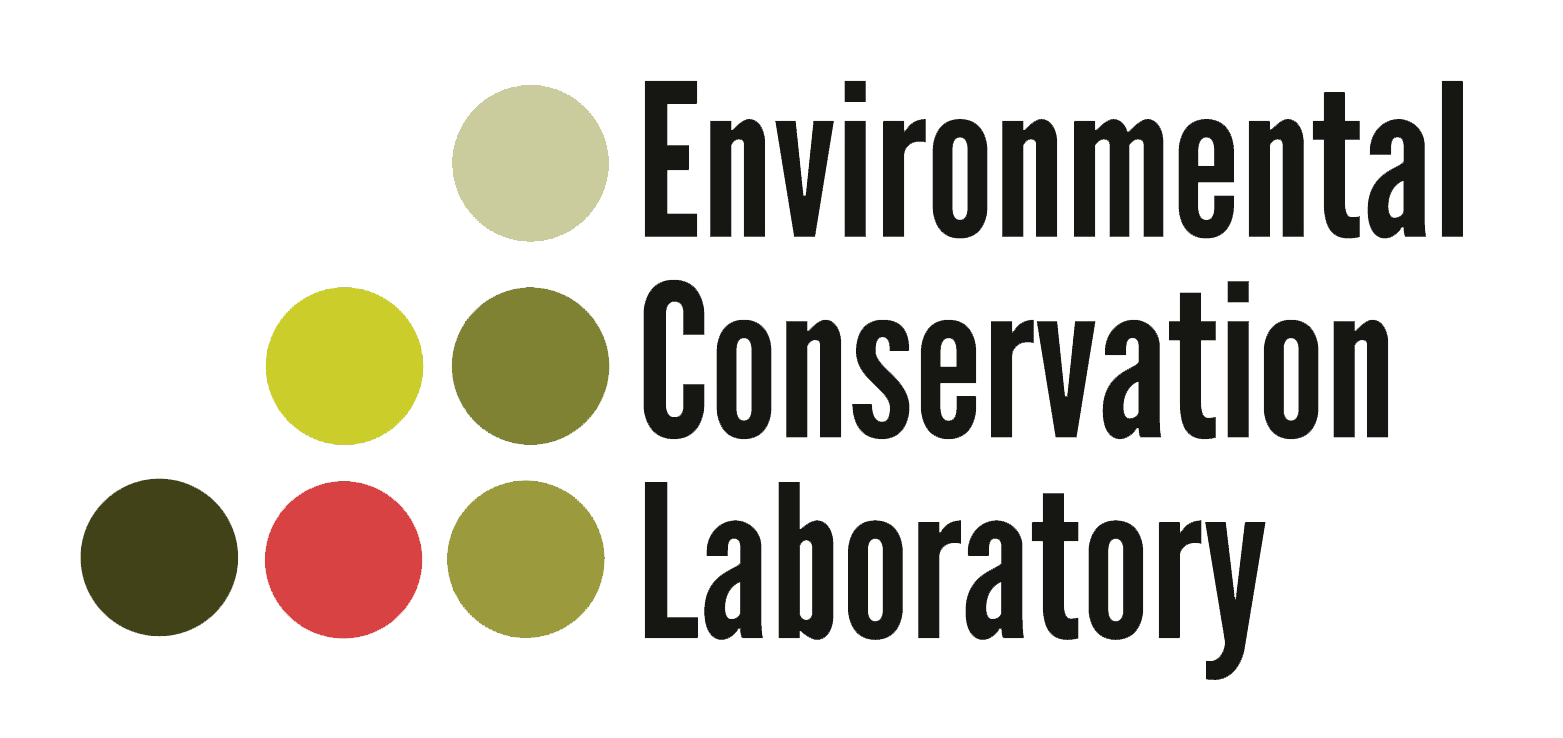Data & Research Sovereignty
“Ogitchidaa”, An Indigenous Perspective on Research Sovereignty in Canada: Anishinaabe, Nēhinan (Cree), Saulteaux and Red River Métis voices from Manitoba and Saskatchewan
Rebecca Filopoulos
Abstract: There are many barriers Indigenous people and communities experience when trying to conduct research and access data that is about them. As Indigenous people work towards sovereignty in their governance and economics, having sovereignty in data and research is increasingly important as research and data are important for decision-making, funding, and policy development. Identifying what barriers exist, why they exist, and how Indigenous people can be supported to overcome them is how to achieve Indigenous Research Sovereignty. Individual Semi-structured interviews and a group discussion with Indigenous academics, students, community members, and those involved with Indigenous organizations was the qualitative (Western) method used to better understand the needs Indigenous communities have around data and research. Through Two-Eyed Seeing, Western Methods were informed by Indigenous methods of storytelling, testimonials, personal reflections, narratives, envisioning, and sharing circles to reflect the Indigenous focus of this research and ensure knowledge shared is presented appropriately. The barriers to Indigenous Research Sovereignty identified are hesitation and mistrust that stem from past experiences with research and ongoing impacts of colonialism; power dynamics and vulnerability; differing worldviews and research approaches; misunderstanding and miscommunication; pan-indigenizing and lack of representation; institutional barriers and systemic oppression; the reality that Indigenous needs around health and wellbeing are not being met; and, how there are not enough opportunities or resources for Indigenous people to conduct research. Supports to Indigenous Research Sovereignty are following Data Sovereignty and research principles; awareness, education, and training; inclusion, indigenization, and decolonization of institutions; celebrating cultural diversity; inclusion of culture and protocol in research; the use of Indigenous and community-led research; the recognition of Indigenous resurgence and promotion of Indigenous sovereignty; and the development of partnerships between allies, institutions, and communities. Truth and reconciliation are support for Indigenous Research Sovereignty because it is about supporting Indigenous people and addressing the barriers they face, by understanding the truths behind them. Indigenous people must be the ones leading the way for research and sovereignty, and they must be the ones who determine how they want to be included in colonial spaces.
Archives, Record Keeping, And Indigenous Knowledge: Issues Concerning Hydro Development In Northern Manitoba
Robin Neckoway (2022)
Abstract: There are many stories yet to be told about the development of hydroelectric power in Northern Manitoba. Increasingly, accounts of Indigenous people have been coming to light in hearings for the Needs For and Alternatives To, and The Clean Environment Commission. What is more, research has been increasingly conducted around the disturbing accounts of Hydro development reported by Indigenous people. Yet curiously, there is still little to be told through the province’s archives about the true impact of hydro development on the province’s social, political, and economic history. Historically, the official narrative has mainly focused on the dams and their placement, with narrow economic benefits and efficient management in mind. Here, the focus of development has largely ignored the sacrifices incurred by citizens—namely, Indigenous peoples. However, Indigenous people have steadfastly claimed that there are gaps and fissures in these accounts, and that the official narrative does not tell the true story behind the personal impacts of development bought through the devastation to the environment, and the land-based economies that once made up the social fabric of the north—let alone, the colonial violence which has come along with it. This thesis is about knowledge, power, archives, and colonialism. It seeks to address distortions within the province’s archival record and explores accounts of Hydro development. It highlights the dangers posed by absences and silences by interrogating the gaps found within the official archive. It suggests these absences are not only a danger to societal memory, social justice, and democratic oversight; but contribute to the ongoing colonial project by making it easy to deny or distort any knowledge essential to broader contextualizations behind the dispossession, displacement, and colonial violence, that has gone into hydro development. Additionally, it further suggests that there is a need to rethink the orientation of the official record to include Indigenous voices, which are largely absent and should be included within the contexts of the appraisal process.
